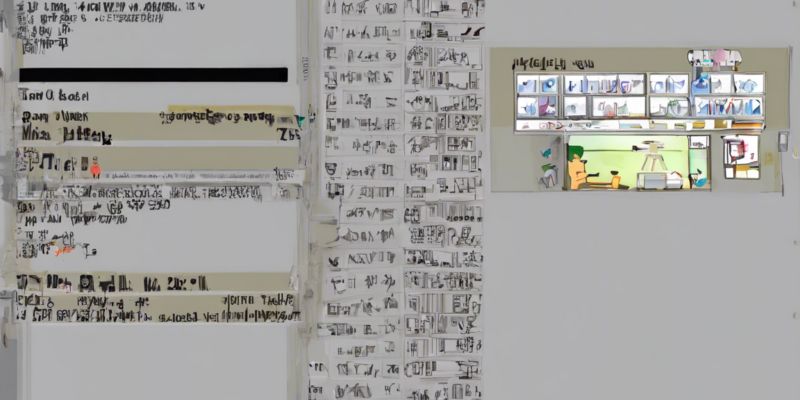The digital age has revolutionized the way we communicate, giving rise to a whole new language – online slang. From social media platforms to messaging apps, online slang has become an integral part of our online interactions. As language constantly evolves, staying up-to-date with the latest slang terms can be quite the task. In this comprehensive guide, we’ll delve into the world of online slang in 2021, exploring the most popular terms, their meanings, and how they are used in everyday conversations.
Understanding Online Slang
Online slang, also known as internet slang, is a type of language that is specific to the online world. It encompasses abbreviations, acronyms, and unique terms that are used by internet users to communicate efficiently and express themselves in a more informal manner. Online slang is characterized by its fluidity and rapid evolution, with new terms constantly emerging and gaining popularity.
Common Online Slang Terms
- LOL – Laugh Out Loud: Used to indicate laughter or amusement.
- BRB – Be Right Back: Indicates that the person will be away momentarily.
- SMH – Shaking My Head: Expresses disapproval or disbelief.
- GOAT – Greatest of All Time: Used to praise someone or something.
- TL;DR – Too Long; Didn’t Read: Summarizes a lengthy text or post.
- FOMO – Fear of Missing Out: Describes the anxiety of missing out on something exciting.
- Stan – A passionate fan of a celebrity or entity.
- Savage – Fearless and unapologetic behavior.
- Yeet – To throw something with force.
- Ship – To support a romantic relationship between two individuals.
Emerging Trends in Online Slang
As online communities continue to evolve, new online slang terms are constantly emerging. Some of the latest trends in 2021 include:
- WFH – Work From Home: Reflecting the rise of remote work.
- Karen – Refers to an entitled and demanding middle-aged woman.
- Sheeple – Portmanteau of sheep and people, used to describe individuals who blindly follow others.
- Based – Authentic and unapologetically true to oneself.
- Cheugy – Outdated or unfashionable in a cheesy or tacky way, but still loving it.
How to Use Online Slang Effectively
While online slang can be a fun and expressive way to communicate, it’s essential to use it appropriately to avoid misunderstandings. Here are some tips on how to use online slang effectively:
- Understand the context: Make sure you use the slang term in the appropriate context to convey the intended meaning.
- Know your audience: Be mindful of who you are communicating with and adjust your use of slang accordingly.
- Use reputable sources: Stay updated on the latest online slang terms by following reliable sources and online communities.
- Avoid overusing slang: While slang can add flair to your conversations, overusing it can come across as insincere or unprofessional.
FAQs about Online Slang
- What is the difference between online slang and regular slang?
-
Online slang is specific to the internet and digital communication, while regular slang is used in spoken language.
-
Why is online slang important?
-
Online slang helps people communicate more efficiently and express themselves in a casual and informal manner.
-
Can online slang differ between different online communities?
-
Yes, online slang can vary between different online platforms and communities based on their unique cultures and norms.
-
How can I stay updated on the latest online slang terms?
-
You can follow social media influencers, online blogs, and websites dedicated to internet culture to stay informed about the latest slang terms.
-
Is online slang appropriate for formal communication?
- Online slang is generally not appropriate for formal communication like business emails or academic papers. It is best suited for informal conversations with friends or on social media.
In conclusion, online slang is a dynamic and expressive form of language that continues to evolve with the ever-changing digital landscape. By familiarizing yourself with popular online slang terms and trends, you can enhance your online communication and stay connected with the latest internet culture. So next time you’re online, don’t be afraid to sprinkle some online slang into your conversations and embrace the ever-evolving language of the internet.

